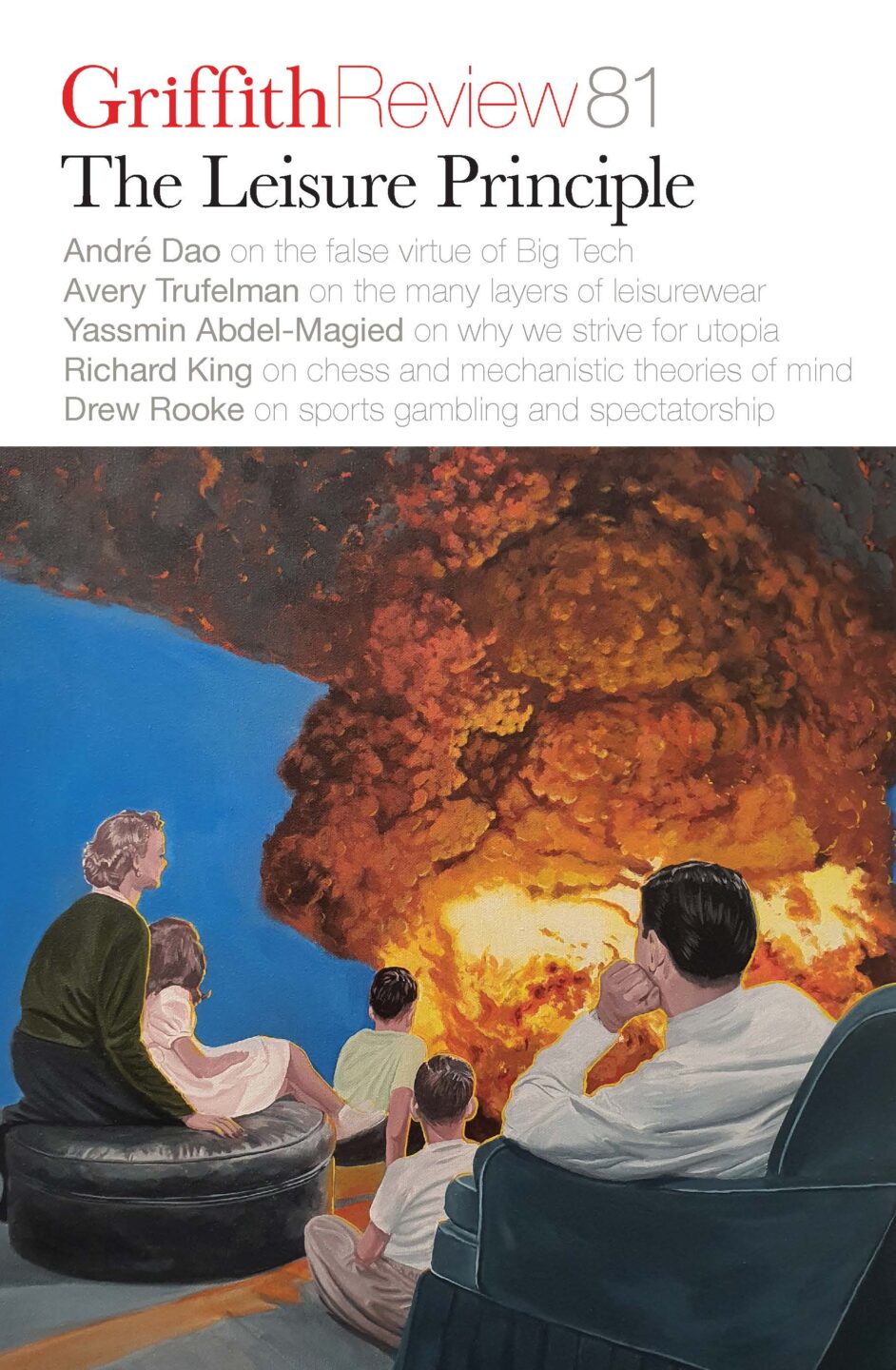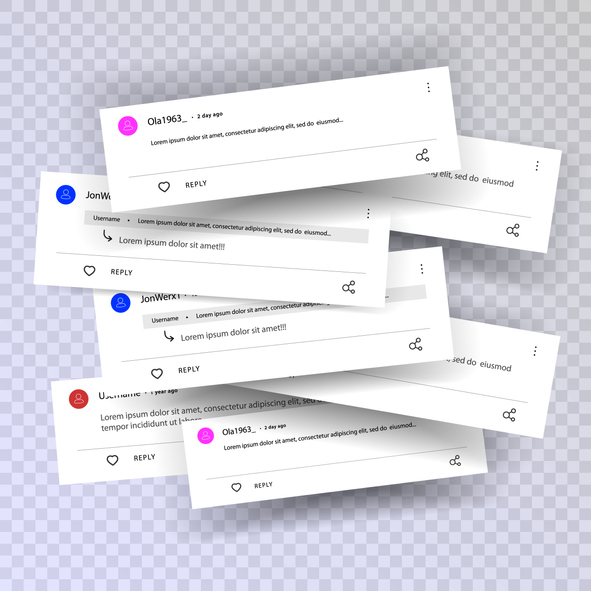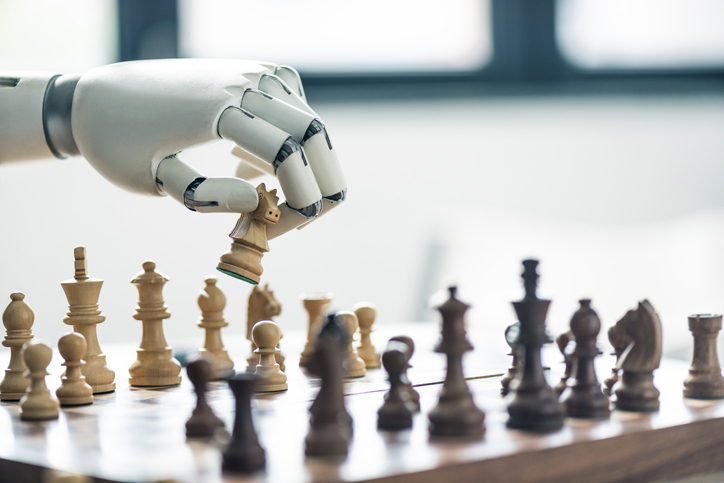Featured in

- Published 20230801
- ISBN: 978-1-922212-86-3
- Extent: 200pp
- Paperback (234 x 153mm), eBook


Already a subscriber? Sign in here
If you are an educator or student wishing to access content for study purposes please contact us at griffithreview@griffith.edu.au
Share article
About the author

Jade Peters
Jade Peters’ fiction has appeared in The Suburban Review. She grew up on unceded Dharawal land and now lives in Naarm (Melbourne).
More from this edition

We will never be modern
Non-fictionMy Instagram feed, an information-stream cosplaying as a hyper-relevant town square, has undergone a radical transformation in the past few years. Whereas once that endless deluge teemed with benign yet revealing snapshots of friends moving through the motions and milestones of life – brunches, holidays, weddings and pregnancies – today’s experience is far removed.

Salted
FictionWe are absorbed in our work until we are not. Mostly we take breaks together, sitting outside in the sunshine waiting for our thoughts to settle, waiting for our lives to begin. Gus and I have both applied for the same scholarship. We’ll find out at the end of the month. Eve is organising a group show and wanted my latest painting as the centrepiece, but I won’t finish it in time, so I drop out. ‘I’ve got something ready,’ says Gus. Easy enough to find someone to fill my place.

The defence
Non-fictionThe history of computer science is bound up with the game of chess, whose innate complexity and clearly defined rules make it the ideal proving ground for artificial intelligence. And yet the game not only survived the defeat of Garry Kasparov in 1997 by IBM’s supercomputer Deep Blue, but also seemed to flourish in its wake. According to International Chess Federation figures, more people are playing the game than ever before, and not merely over the internet. Now, as a new generation of AIs aces the Turing test – according to which a machine may be deemed intelligent if the human interacting with it can’t tell if it is a machine or not – it might be worth taking a closer look at chess as a social and creative phenomenon that speaks to the limits of ‘smart’ machines.